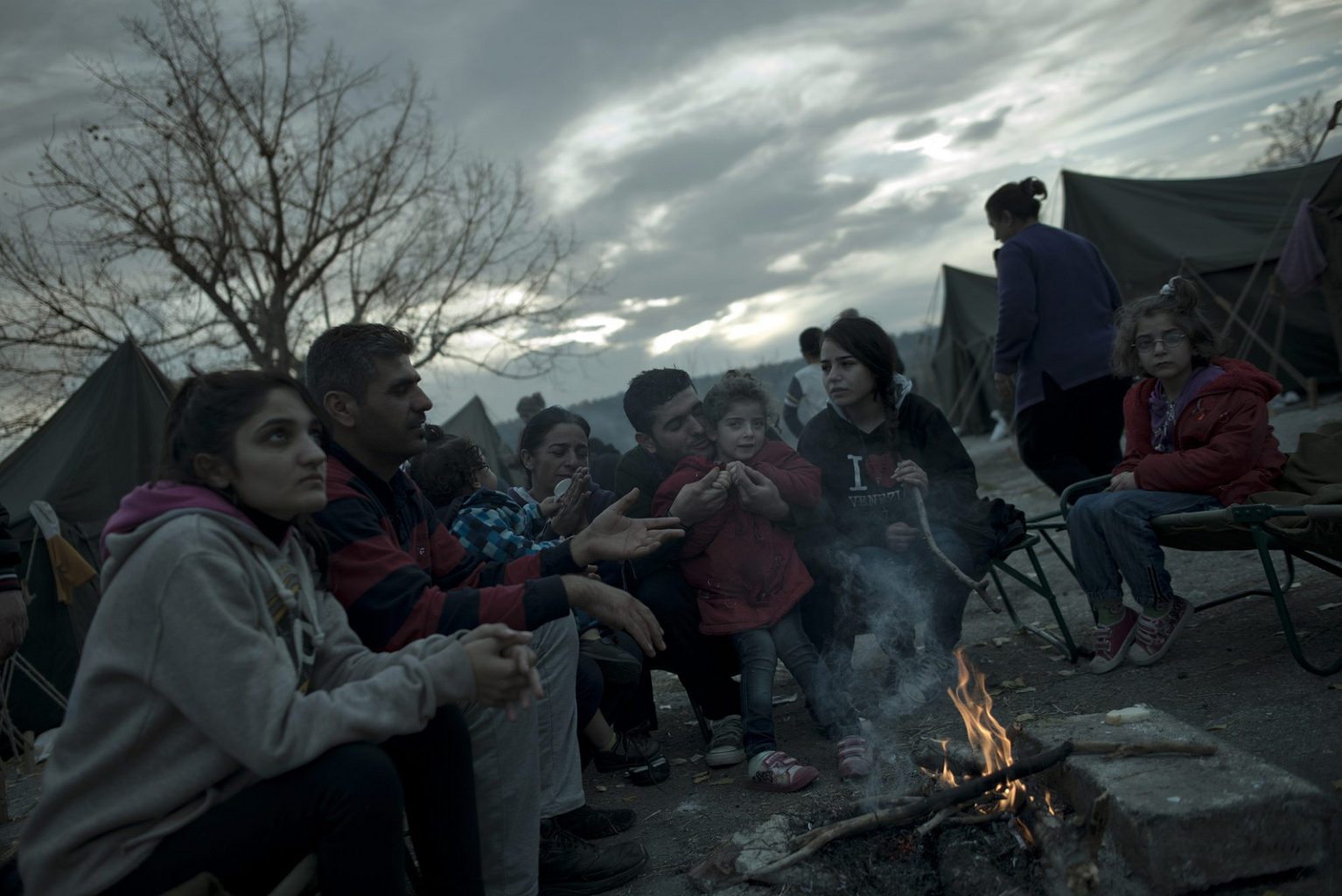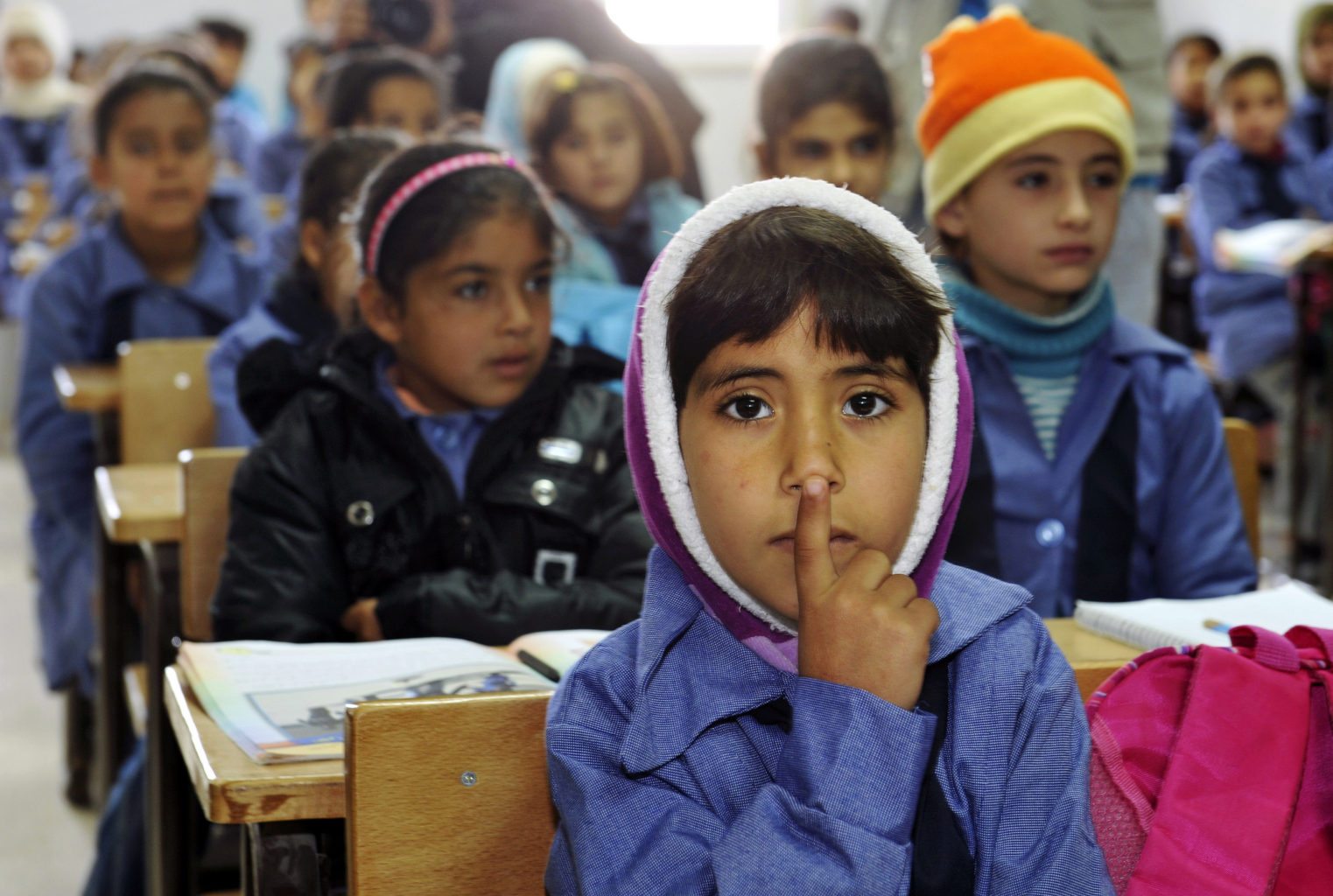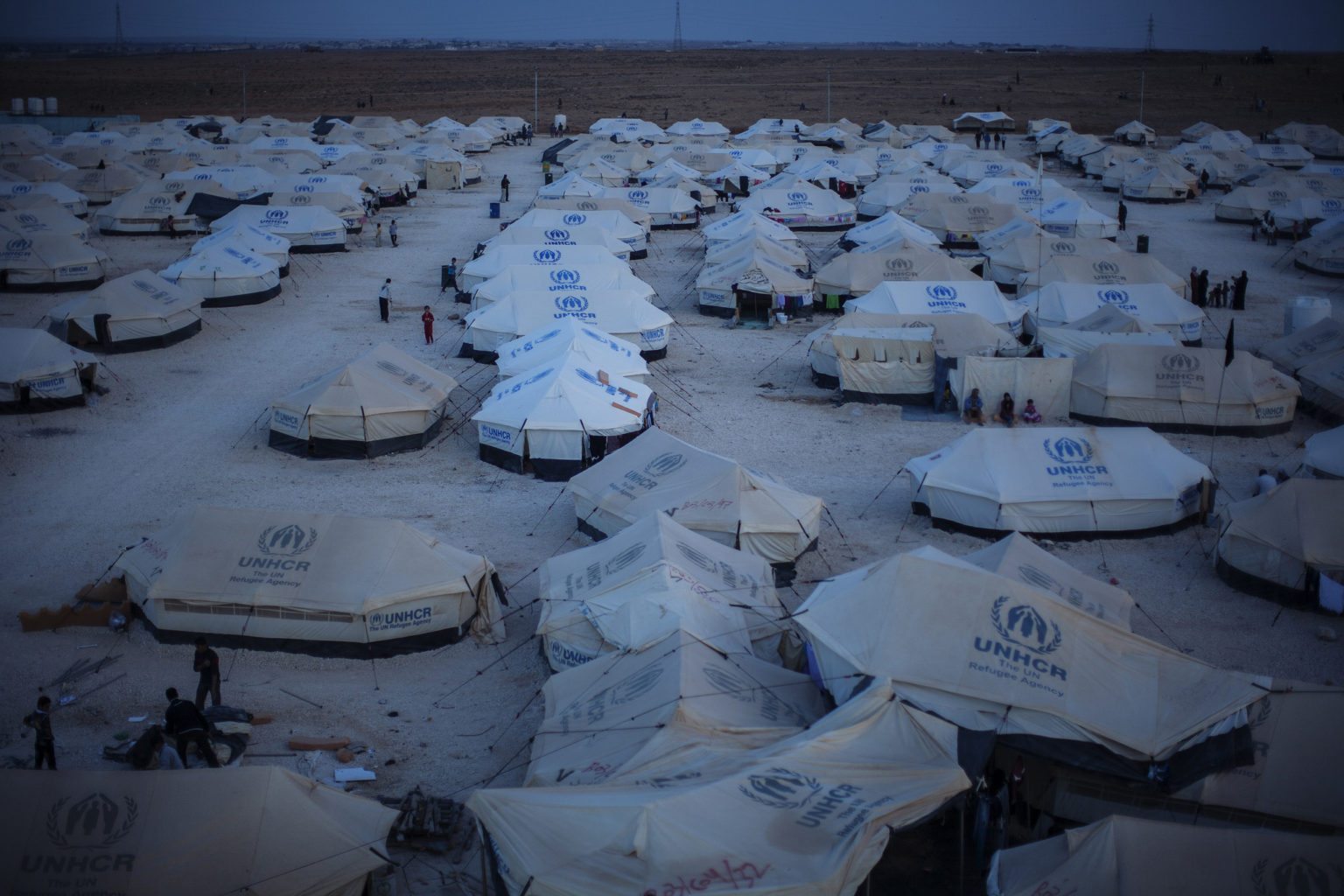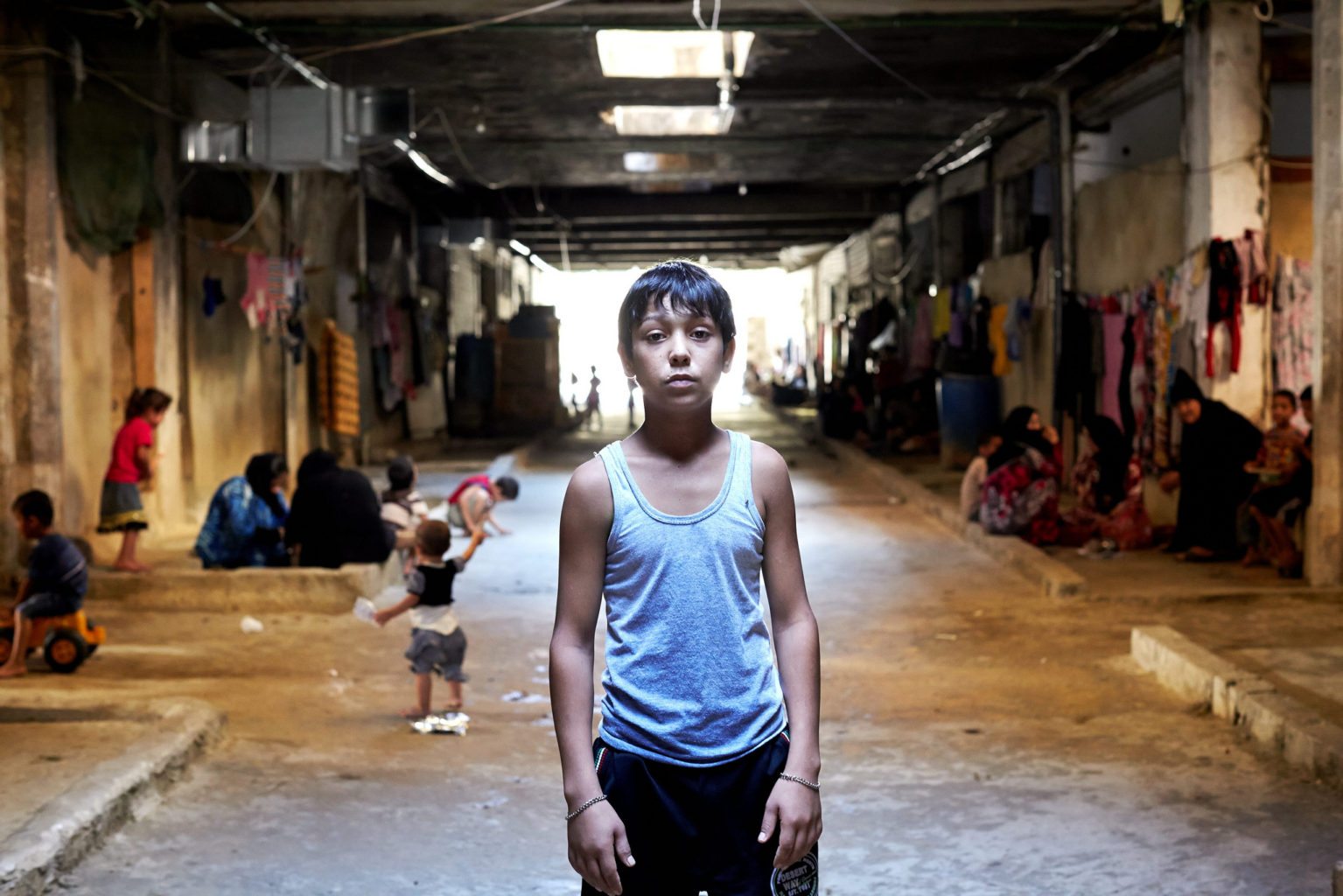Education for refugees: a Syrian perspective
Reem Doukmak is a PhD student at the Centre of Applied Linguistics at Warwick. Having studied English Literature in her home country of Syria in 2003, she now specialises in teaching English as a foreign language.
She is researching new methods of learning, working in particular with Syrian refugees in Turkey and organising fundraisers, such as the Lunch for Education of Syrian Children this Monday on campus. The Boar spoke to Reem to talk about her experiences.
She has been on two fieldwork trips, to help children in Syria. The first time, last year, she stayed in a refugee camp for 5 weeks: “Although I have been affected by the war myself, I never lived in a refugee camp before, so living there changed the way I see things. Their life is very hard there.”

“Life is very hard” in refugee camps says Reem Photo: Photo Unit / Flickr
She returned from her second, longer visit last June: “They are very happy when they see people coming to help them. I worked with Syrian English teachers, implementing drama ideas in the classroom.”
Although I have been affected by the war myself, I never lived in a refugee camp before, so living there changed the way I see things. Their life is very hard there.”
“Drama,” says Reem, “is very positive, and it helps refugees get out of the atmosphere of depression; the student’s response was extremely positive and they really wanted to carry on.”
English teaching, however, is a more controversial issue in the camps, where a lot of emphasis is put on learning Turkish, the national language. Although English is in high demand and very important in terms of communication with foreign NGOs, education is very limited.

English teaching is important for Syrians, especially to communicate with NGOs Photo: United Nations / Flickr
“There were really difficult access issues on my second visit: the borders are very hot areas, and we were just a few miles away, so you could hear all the sounds coming through.”
Reem first came to Warwick through the Council for at Risk Academics (CARA), a scholarship programme which connects universities and organises fee waivers for student. However, this does not go to cover living expenses and only applied for one year of study:
“I was really worried at what would happen after my first year. Luckily my application for an International Student scholarship went through: it’s not just about covering living costs, it’s about focusing on your studies instead of worrying about paying your rent.”
the borders are very hot areas, and we were just a few miles away, so you could hear all the sounds coming through.”
“There is a big difference between back home and the UK: here, you meet people from all backgrounds, which is really great. This wasn’t the case back home.”
“When I heard about Warwick’s scholarships, my first impression was that 10 over 1 year is a small number. I’ve been in touch with lots of people who are desperate to continue their education. Most people who left Syria, in their first or second year, have not completed their studies.”
Furthermore, scholarships such as CARA’s are only available to academics, and have strict criteria which many young people living in camps, with only a Residence Card, let alone a passport, cannot hope to meet. Of the estimated 11 million people displaced by the crisis, over half are children, and dropout rates are only increasing. Schools on the camps are temporary centres: “There is NGO support, but not enough.”
David Cameron has pledged to accept 20,000 refugees over the course of 5 years. One refugee camp Reem stayed in contained 15,000 people alone, and camps can be double, triple or even five times that size.

Reem told us there were 15,000 people living in the refugee camp she stayed in Photo: DFID / Flickr
“I don’t think it is a very wise response,” commented Reem of the British government’s reaction to the crisis. “I have contacts in refugee camps and cities: they were just shocked.”
She praised the international response in terms of emergency aid, such as food and shelter, but argued that the education situation is just getting worse: “We’re talking about saving a generation. We have to look at the situation as one big picture.”
Reem will be holding a fundraising event this Monday, featuring a theatre performance, a concert and a buffet, in order to raise money for two schools inside Syria:
“The idea is not just connecting with nations. I’d really like to raise awareness about the crisis itself. People only hear about it in the news: they might meet some Syrian refugees. I think everyone can have a role in helping and supporting, even just for temporary solutions.”
“I hope when people learn more about the situation it will encourage them to think about other kinds of responses. There is a bridge that needs to be built between the people that want to help and the people who need it: that’s the missing link.”
The event will be taking place this Monday 9 November in the Chaplaincy, between 11am and 2pm.

Comments